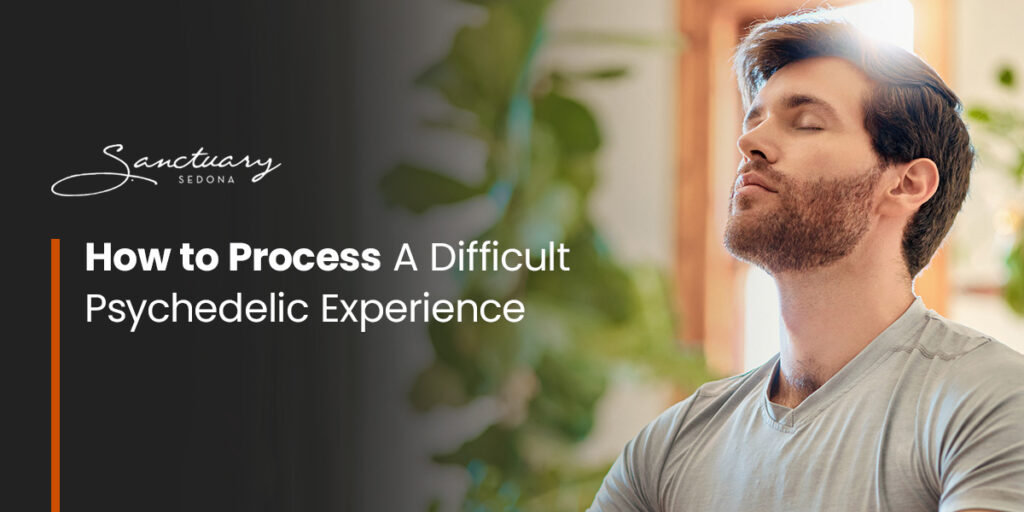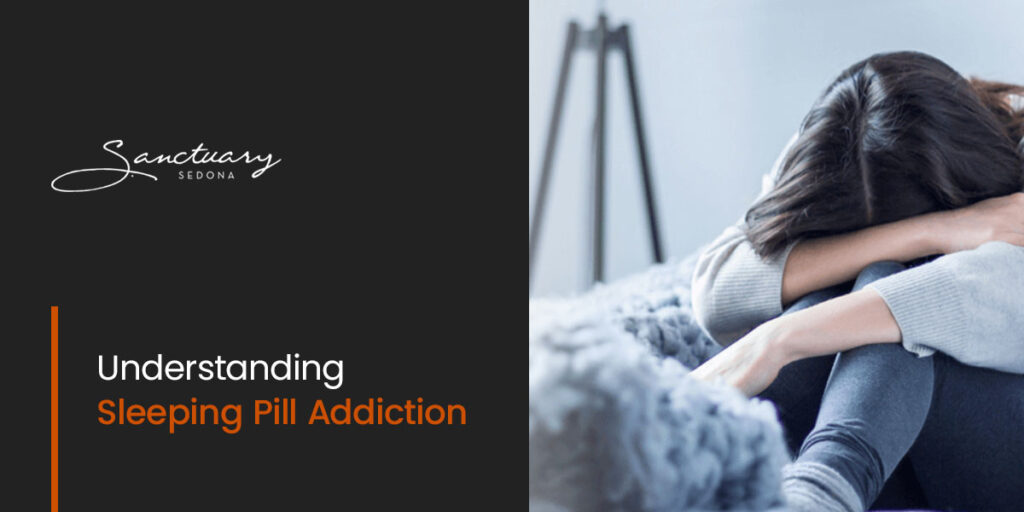How to Overcome Heroin Addiction
Most opiate rehabilitation programs have a straightforward treatment approach that barely scratches the surface of heroin addiction’s true impact. This disease has far-reaching repercussions on every area of your life. That’s why, at The Sanctuary, we believe opiate addiction help must address the whole person.
Holistic treatment for heroin addiction is not your typical 12-Step program. Instead, our unique approach blends numerous treatment modalities — science-backed therapies, complementary treatments, ancient wisdom techniques and more. We then curate these to create a truly personalized heroin addiction program based on your background, level of addiction and recovery goals. The result — true transformation from the inside out.
Heroin Addiction Relapse Prevention
All addictions can relapse, and heroin is no exception. Addiction is a complicated web to untangle, and it’s totally understandable if that takes more than one try. So it’s no surprise that studies show the success rate of AA to be between five and 10 percent, with 90 percent of attendees dropping out within the first 90 days.
At the Sanctuary’s 30-Day minimum, Residential, Alternative, Holistic, Heroin Addiction Treatment Center, we help our clients prevent relapse by:
- Addressing causes of heroin addiction that mainstream rehab programs tend to ignore
- Diving deeper into the recovery process via a complete, integrated healing journey
- Helping you create a solid relapse prevention plan, starting in your first days of treatment
- Providing 60 days of Transition Wellness Coaching, including individual counseling, group sessions, continued education, and resource support on a weekly basis



